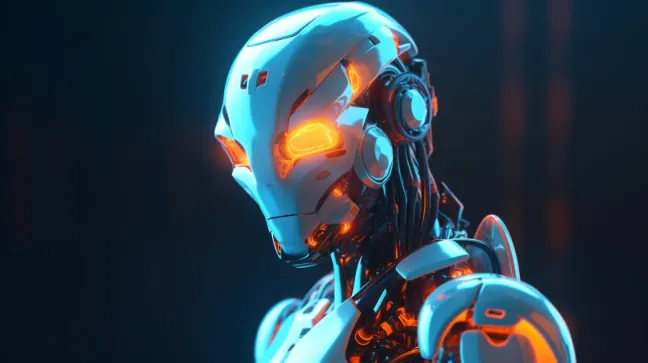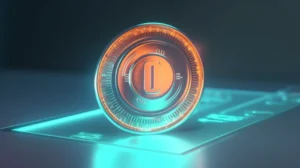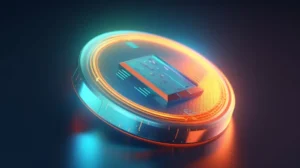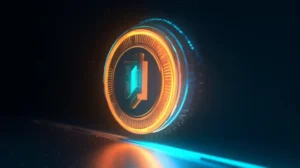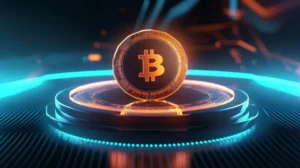Are AI Images Copyrighted?
AI-generated images have become increasingly popular in recent years, with advancements in technology allowing for more realistic and complex creations. However, with this rise in AI-generated images comes the need to understand copyright laws related to these images.
What is Copyright?
Copyright is a legal right that gives the creator of an original work exclusive rights to use and distribute that work. This includes traditional images and creations, such as paintings and photographs.
Copyright and AI Images
The current legal status of AI images is a topic of debate. Some argue that AI-generated images should be subject to copyright laws, while others believe that they should be considered as non-copyrightable works of art.
Several legal cases related to AI-generated images have been brought before the courts, with some courts ruling that these images are not eligible for copyright protection.
Understanding Ownership of AI Images
The question of who owns the copyright of AI images is a complex one. In many cases, the copyright may belong to the AI program or the individual who created the program. However, in some instances, the copyright may belong to the person who commissioned the creation of the AI-generated image.
Issues related to ownership of AI images may arise when multiple parties are involved in the creation of the image, such as when an individual uses an AI program to modify an existing image.
Protecting AI Images
AI images can be protected with copyright laws in the same way as traditional images. This includes registering the copyright and taking legal action against individuals or entities that infringe on the copyright.
Protecting AI images is important, as it ensures that the creator or owner of the image has exclusive rights to use and distribute it. It also helps to prevent others from profiting from the image without permission.
The Future of AI Image Copyright Laws
As we delve deeper into the AI era, the question “are AI images copyrighted?” continues to foster vigorous debates and discussions.
The increasing use of AI in generating images prompts us to examine the future landscape of copyright laws concerning these AI creations.
The Changing Landscape of Copyright Laws
One thing is certain: the evolving landscape of technology is continuously redefining the boundaries of copyright laws. While AI-created images present a novel challenge, legal systems around the globe are trying to adapt to these changes.
Considering the ever-increasing dependence on AI for creative outputs, amendments in existing copyright laws or new regulations specific to AI images may soon come into existence.
The Role of AI in Copyright Creation
The core challenge here is understanding the role of AI in copyright creation. If an AI creates an image, does it qualify as the creator, or does the copyright belong to the programmer of the AI, or perhaps the individual or entity that commissioned the AI-generated image?
These questions remain open for interpretation.
As we inch closer to a future where AI could potentially possess a certain degree of autonomy and creativity, it is crucial to redefine the notion of ‘creatorship’ within the context of copyright laws. The advent of autonomous AI systems could indeed usher in a new era of copyright laws that acknowledge the role of AI in creative processes.
The Rights of AI
A wild yet fascinating possibility is acknowledging the rights of AI. As of now, AI-generated images are not considered copyrightable works of art in some jurisdictions.
However, could there be a future where AI, as non-human creators, hold copyrights? While this concept might sound like science fiction, the rapid progress of AI technology might compel us to confront such scenarios sooner than we expect.
The Implication of AI on Copyright Infringement
An equally pertinent aspect is the implication of AI on copyright infringement. AI systems, by their very nature, learn and adapt from existing data.
If this data includes copyrighted images, the question arises whether the resultant AI image infringes upon existing copyrights. Clear guidelines and laws addressing these concerns will be crucial in the future.
Conclusion
In conclusion, understanding copyright laws related to AI images is essential for anyone involved in their creation or use. The legal status of AI-generated images is a topic of ongoing debate, but it is clear that these images can be protected with copyright laws.
As AI technology continues to advance, it is likely that copyright laws related to AI images will continue to evolve.
However, by staying informed and taking steps to protect their creations, individuals and businesses can ensure that their AI images are protected under current copyright laws.

